H.R. 1627: Telehealth Response for E-prescribing Addiction Therapy Services Act
This bill, titled the Telehealth Response for E-prescribing Addiction Therapy Services Act
, aims to modify the Controlled Substances Act to enhance the use of telehealth for treating substance use disorders. Below are the key components of the bill:
Key Provisions
- Modification of In-person Evaluation Requirement: The bill proposes to eliminate the requirement for "at least 1 in-person medical evaluation" before prescribing certain controlled substances (specifically, those in schedules III, IV, or V that are FDA-approved for treating substance use disorders). Instead, it allows for 1 telehealth evaluation to satisfy this condition.
- Definition of Telehealth Evaluation: The bill defines a
telehealth evaluation as a medical evaluation performed by a qualified practitioner (excluding pharmacists) who is not physically present with the patient. This evaluation may take place via a telecommunication system that allows for real-time, two-way communication, including audio-only or audio and video interactions.
Goals of the Legislation
The main goal of the bill is to facilitate easier access to addiction therapy services through telehealth, especially for individuals who may have difficulties attending in-person medical appointments. By allowing telehealth evaluations to be a valid alternative to in-person visits, the aim is to reduce barriers to treatment and improve the overall accessibility of necessary medical care for substance use disorders.
Impact on Controlled Substance Prescriptions
With the proposed changes, healthcare providers will have increased flexibility in providing care and prescribing medications necessary for treatment. This adjustment could foster better engagement and adherence to treatment plans for individuals struggling with addiction, as they can more easily connect with their healthcare providers remotely.
Regulatory Aspects
The bill aligns with existing federal and state laws related to medical evaluations and telehealth practices. This suggests that the implementation of telehealth evaluations will still be governed by regulatory frameworks, ensuring that standards of care are maintained.
Relevant Companies
- UHS (Universal Health Services) - A healthcare management company that may see increased demand for its telehealth services if the bill facilitates broader acceptance and integration of telehealth in substance use disorder treatment.
- AMED (Amedisys, Inc.) - A provider of home health care that might adapt its services to incorporate telehealth options for substance use disorder treatment under the new legislation.
This is an AI-generated summary of the bill text. There may be mistakes.
Sponsors
25 bill sponsors
-
TrackDonald Norcross
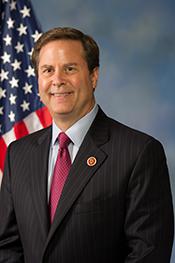
Sponsor
-
TrackDon Bacon

Co-Sponsor
-
TrackNanette Diaz Barragán

Co-Sponsor
-
TrackSteve Cohen

Co-Sponsor
-
TrackGerald E. Connolly
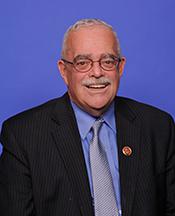
Co-Sponsor
-
TrackDonald G. Davis

Co-Sponsor
-
TrackChristopher R. Deluzio

Co-Sponsor
-
TrackDebbie Dingell

Co-Sponsor
-
TrackBrian K. Fitzpatrick
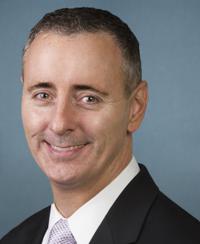
Co-Sponsor
-
TrackJosh Harder
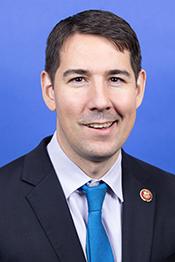
Co-Sponsor
-
TrackChrissy Houlahan

Co-Sponsor
-
TrackJonathan L. Jackson
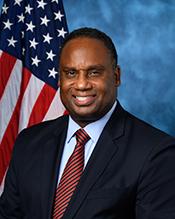
Co-Sponsor
-
TrackHenry C. "Hank" Johnson, Jr.

Co-Sponsor
-
TrackWilliam R. Keating

Co-Sponsor
-
TrackMichael Lawler
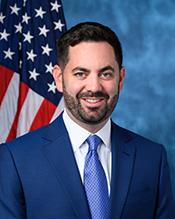
Co-Sponsor
-
TrackCarol D. Miller

Co-Sponsor
-
TrackSeth Moulton
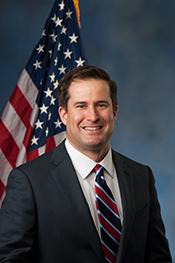
Co-Sponsor
-
TrackJay Obernolte
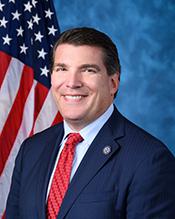
Co-Sponsor
-
TrackBrittany Pettersen

Co-Sponsor
-
TrackMary Gay Scanlon

Co-Sponsor
-
TrackClaudia Tenney
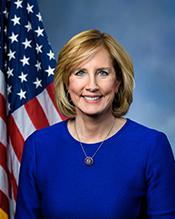
Co-Sponsor
-
TrackJill N. Tokuda
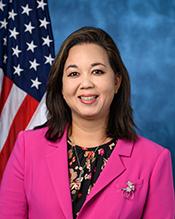
Co-Sponsor
-
TrackPaul Tonko

Co-Sponsor
-
TrackLori Trahan

Co-Sponsor
-
TrackDebbie Wasserman Schultz
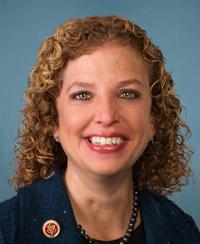
Co-Sponsor
Actions
2 actions
| Date | Action |
|---|---|
| Feb. 26, 2025 | Introduced in House |
| Feb. 26, 2025 | Referred to the Committee on Energy and Commerce, and in addition to the Committee on the Judiciary, for a period to be subsequently determined by the Speaker, in each case for consideration of such provisions as fall within the jurisdiction of the committee concerned. |
Corporate Lobbying
0 companies lobbying
None found.
* Note that there can be significant delays in lobbying disclosures, and our data may be incomplete.
Potentially Relevant Congressional Stock Trades
No relevant congressional stock trades found.